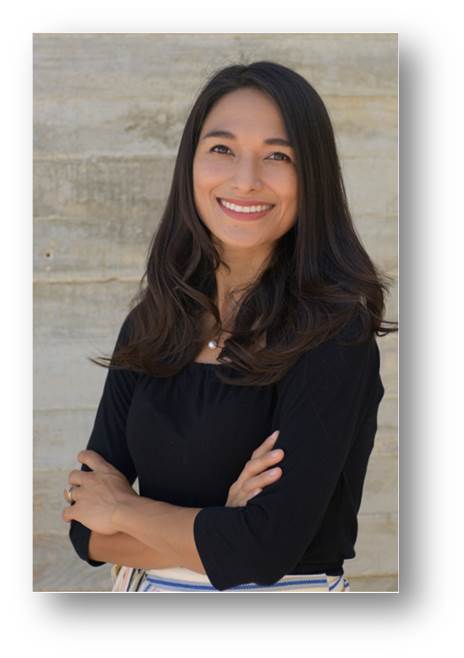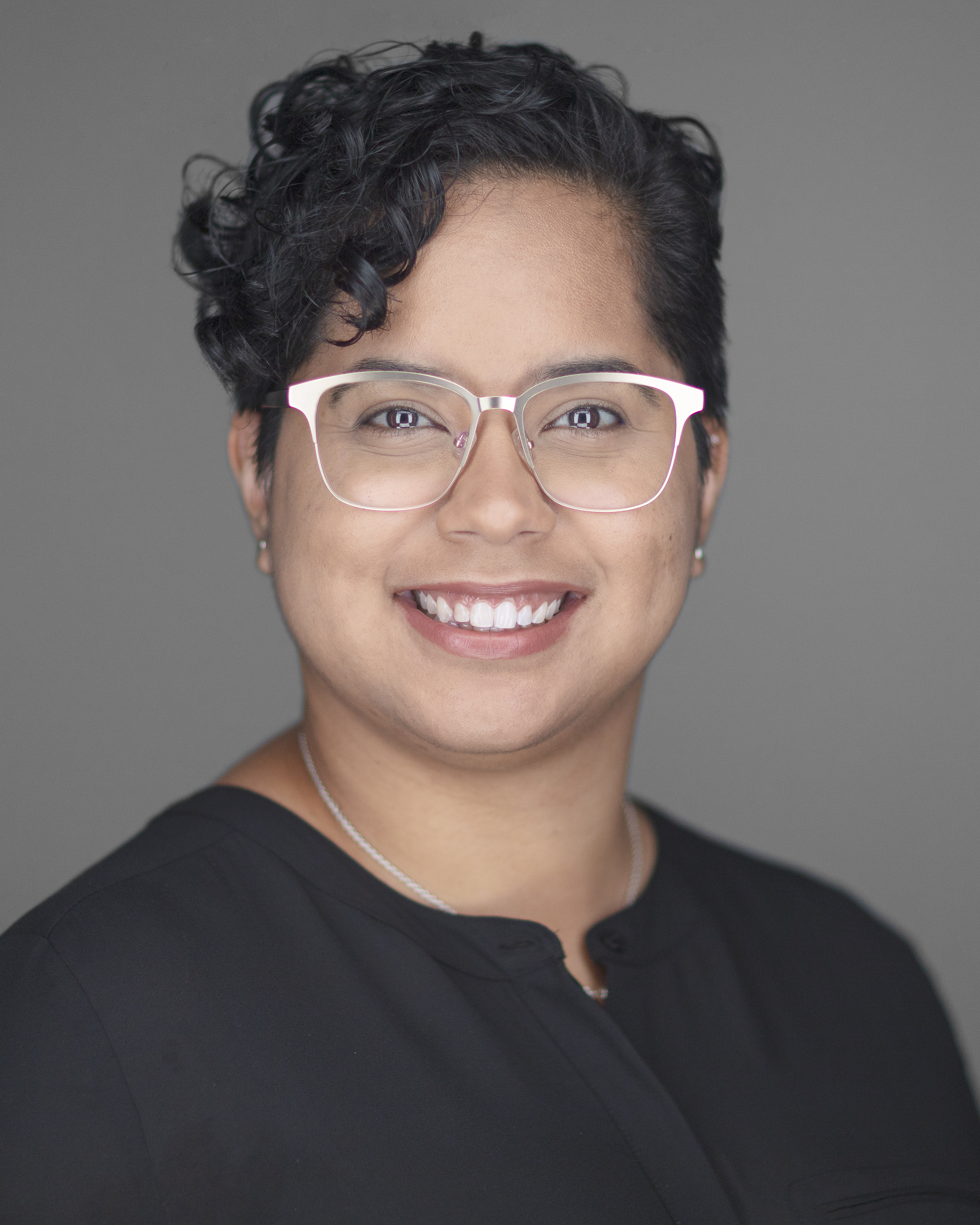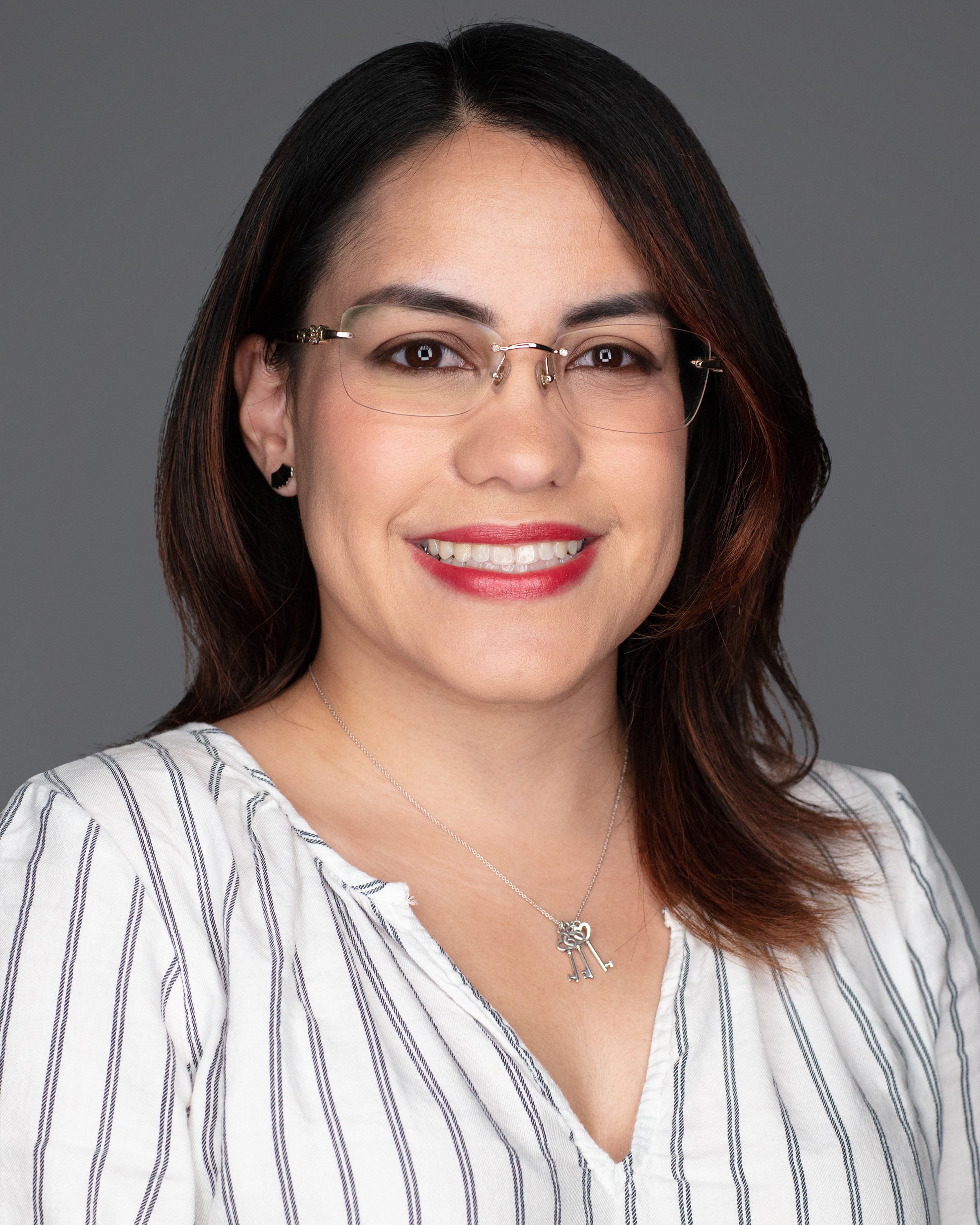- REC Home
- Undergraduate Student Research Immersion Program
- Medical Student Summer Research Rotations
- Pre-doc to Post-doc Transition Program
- Education Activities at PHSU
- Education Activities at MCC
- Puerto Rico Clinical Trials Network (PRCTN)
Pre-doc to Post-doc Transition Fellow Program
The Pre-doc to Post-doc Transition Fellow Program is a mechanism under the Research Education Core that places future scientists on a cancer research career path with support and mentorship. This program serves as a bridge for the PhD candidates as they obtain the degree at PHSU and move forward to their post-doc in cancer research at MCC.
The Research Education Core will recruit and support Puerto Rican H/L students in their transition from pre-doctoral studies to a post-doctoral position. The students will be recruited during their final year in the PHSU PhD program and transition to post-doctoral fellowship for 2 years at MCC followed by a third year at PHSU. Our primary goal is to support development of PR post-doctoral scientists and place them in a trajectory to obtain cancer research faculty research positions in PR and the mainland US. The fellow will have joint faculty research advisors at MCC and PHSU throughout the entire post-doc experience to support the joint project, provide career guidance, and ensure project continuity between the MCC and PHSU phases.

Shannalee Martinez, PhD
Dr. Shannalee Martinez
Dr. Shannalee Martinez will commence as the U54 Post-doctoral Fellow at PHSU on December 1, 2020 as part of the continuing efforts of the Research Education Core to position young scientists in a trajectory to obtain Faculty positions in cancer research. Dr. Martinez earned her doctoral degree at Loma Linda University in California under the mentorship of Dr. Carlos Casiano and Dr. Lubo Zhang. During the past year, she has held the position of post-doctoral scientist in the laboratory of Dr. Carlos Diaz at PHSU where she studies prostate cancer progression. Dr. Martinez has multiple publications and a wide array of research skills that make her a promising scientist. The Research Education Core will provide career mentoring and support to Dr. Martinez as part of our mission. We are enthusiastic about working with Dr. Martinez and we look forward to a very productive year!
Claudia Colón-Echevarría, PhD
Claudia Colón-Echevarría, PhD ended her post-doc fellowship with the PHSU-MCC Partnership in January 2022. Dr. Colón-Echevarría is now the Scientific Development Administrator at Moffitt Cancer Center. As the Scientific Development Administrator, she supports research development services, including strategic design, project development, writing, and editing. In collaboration with investigators and research administration staff, Colón-Echevarría provides writing, editing, and coordination of complex multi-project extramural grants (e.g., SPORE, P01, U54) that primarily support division-based scientific development. She also supports ongoing large institutional grants (e.g. CCSG) as needed and the development and maintenance of boilerplates, templates and other materials for broader use. Dr. Colón-Echevarría assists in developing, maintaining, and teaching course materials for research development components of training courses, seminars, or workshops. As well as providing strategic design, development, and editing services to junior faculty in pursuit of R01 or equivalent extramural grants.
On behalf of the REC, congratulations to Dr. Colón-Echevarría and we wish her much success in this new stage of her career!

Claudia Colón-Echevarría, PhD

Jaileene Pérez-Morales, PhD
Jaileene Pérez-Morales, PhD
Jaileene Perez-Morales, PhD ended her post-doc fellowship with the PHSU-MCC Partnership in February 2021. Dr. Perez-Morales has continued at Moffitt Cancer Center as a fellow under Dr. Matthew Schabath. As an Applied Postdoctoral Fellow, she has had the opportunity to lead various efforts on novel research projects to develop radiomic biomarkers for clinical decision support in the lung cancer care continuum including i) differentiating between indolent and aggressive screen-detected lung cancer, and ii) diagnostic differentiation between benign and malignant nodules. Additionally, Dr. Perez-Morales has been part of collaborative efforts on i) radiomic biomarkers to optimize treatment decision in ovarian cancer, ii) surveillance of sentinel node-positive melanoma patients, iii) measuring healthcare providers attitudes, knowledge, and practice behaviors about LGBTQ patients with cancer, iv) determining the efficacy of oncologist cultural sensitivity training for the care of LGBTQ patients with cancer.
On behalf of the REC, congratulations to Dr. Perez-Morales and we wish her much success in this new stage of her career!
